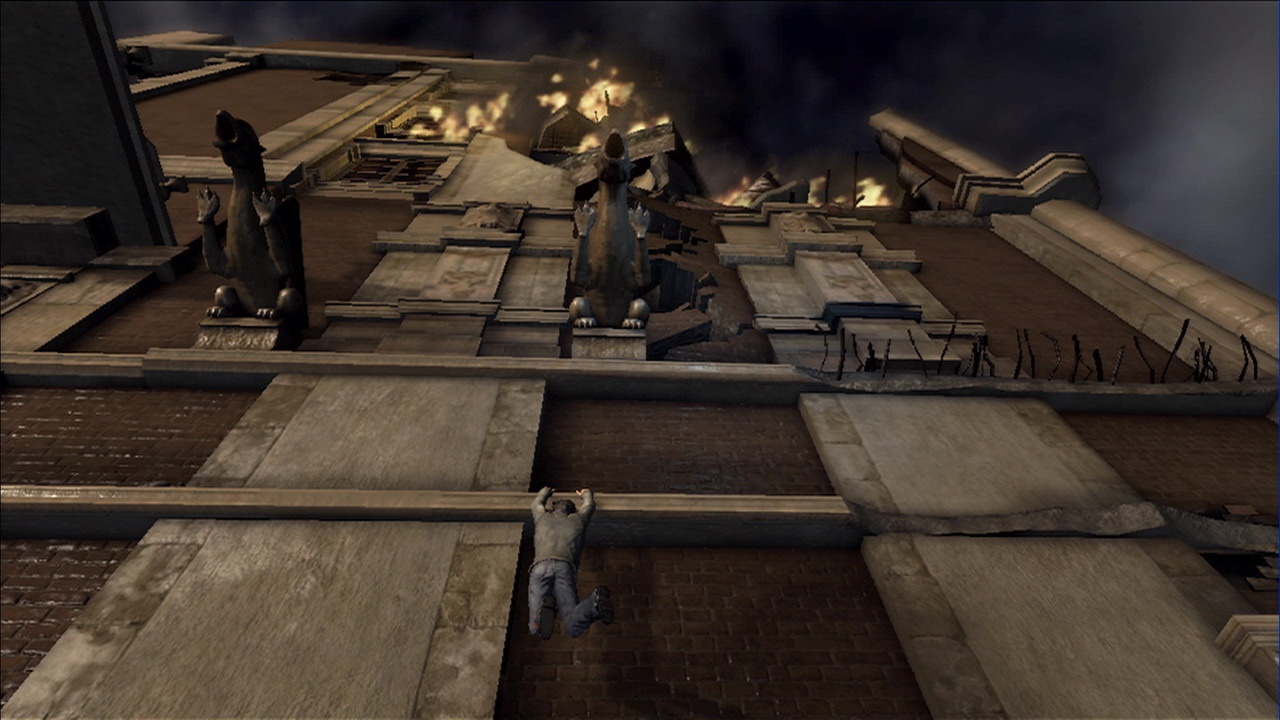Atari CEO: The worst is behind us
Q&A: David Gardner lays out publisher's path to profitability, including online gaming and licensing out its IP.
In the past three decades, Atari has seen some of the highest highs and lowest lows in the gaming industry. Though the company bearing the name today bears little resemblance to the one that became synonymous with gaming in the 1970s, it has continued a tradition of turmoil. That history may indeed be a thing of the past now, given that Atari Worldwide CEO David Gardner told GameSpot today that the publisher is "most definitely through the worst and the hard patch" of its most recent turnaround story.
Today it was revealed that former Sony Worldwide Studios head Phil Harrison stepped down from his position as president of Atari Worldwide, and the publisher posted more than $319 million in losses for its most recent fiscal year. However, Gardner said that the personnel change and losses (most of which Atari brushed aside as one-time expenses related to the restructuring) aren't keeping the publisher from making headway on its turnaround plan.
"I don't want to pick on any franchises because it hurts people's feelings, but we had a lot of products that needed to be canceled, a lot of franchises written down," Gardner said. "It's like moving house; you throw away the stuff you don't use and don't really need. You figure out how you want to live and what you want in your new place, and that's what you focus on."
For Atari, that means focusing on taking its franchises online, whether it's a massively multiplayer online game sold at retail and built on monthly subscription fees, a digitally distributed game, or traditional retail games with online components.
One thing likely to change in the publisher's future is its reliance on licensed properties. In recent years, Atari has leaned heavily on its licensed Dragon Ball Z and Dungeons & Dragons games to bring in sales. Although Gardner said that the company will continue investing in long-term licenses such as the one it holds for D&D, it needs to strike a balance between working with its own intellectual properties and those of others.
"What we've all realized in the senior management team is that we should be doing more to develop and promote our fantastic catalog," Gardner said.
The IP exchange will flow both ways for Atari. Atari Inc. CEO Jim Wilson told GameSpot that the company's own stable of brands might be available for other developers to work with. Though Wilson didn't specify any brands in particular, the publisher holds a wide-ranging catalog of games, from arcade classics such as Pong and Asteroids to more modern fare such as Baldur's Gate.
"You'll see us developing titles based upon our core IPs, and you could see some licensing activities from IPs that we don't consider core at this time," Wilson said. "We have a stable of at least 80 IPs, and we're going to put some focus on the ones we consider important to the company. Others, we may license off."
Gardner likened the approach to one used by movie studios, who commonly develop projects in-house as well as externally.
"There's a more commercial sensibility around that, and we need to do a better job with it," Gardner said. "Frankly, the whole industry could be a lot smarter about that, I think. It's one of the things we see a big opportunity around."
Got a news tip or want to contact us directly? Email news@gamespot.com

Join the conversation